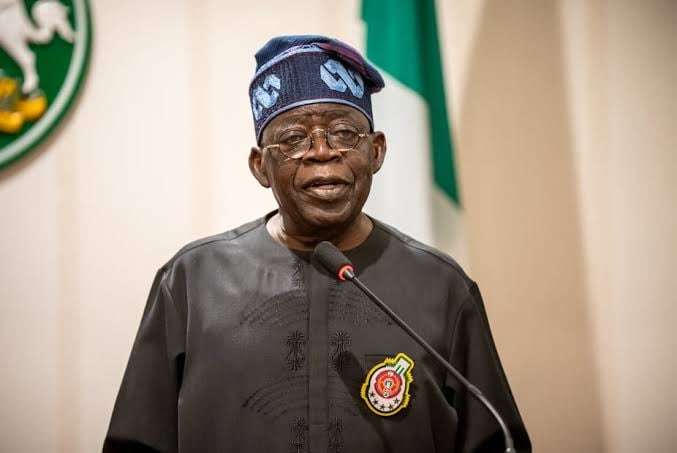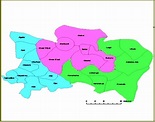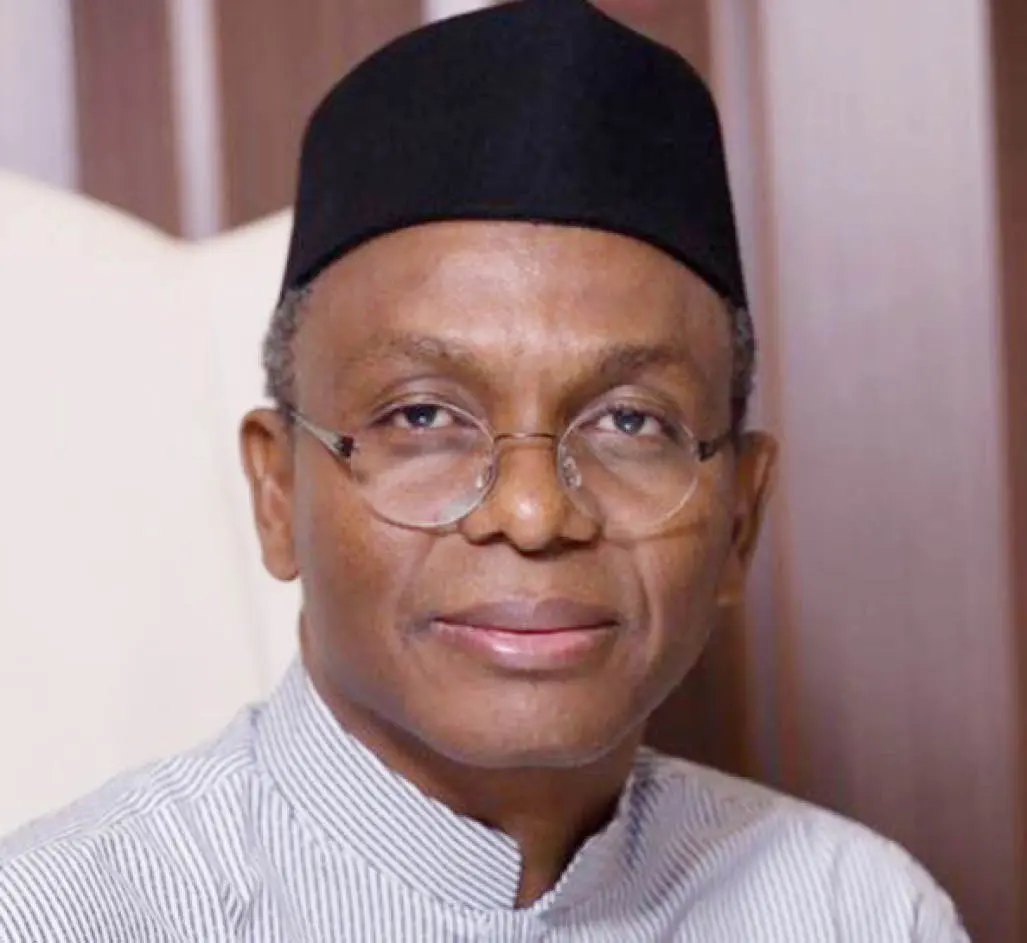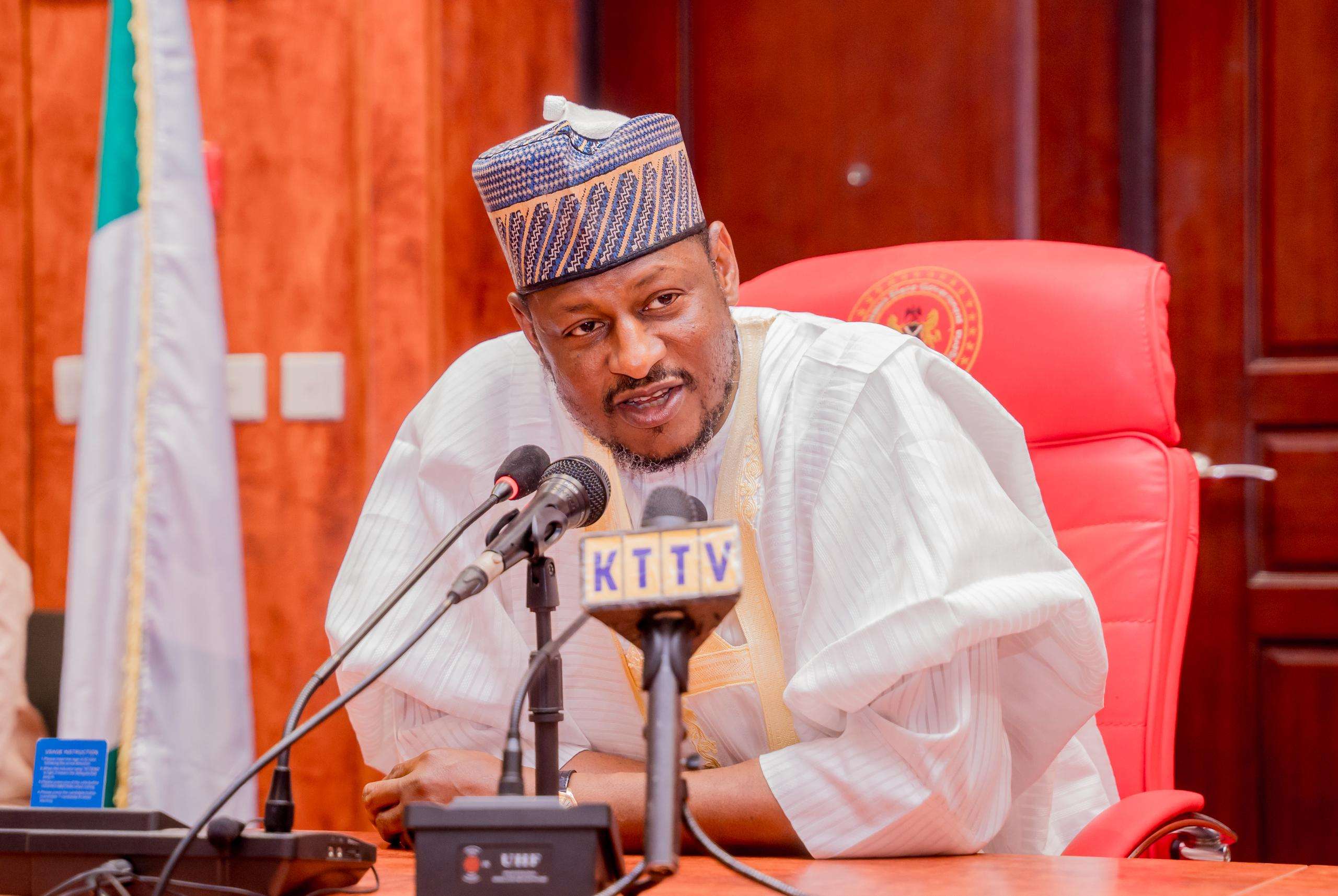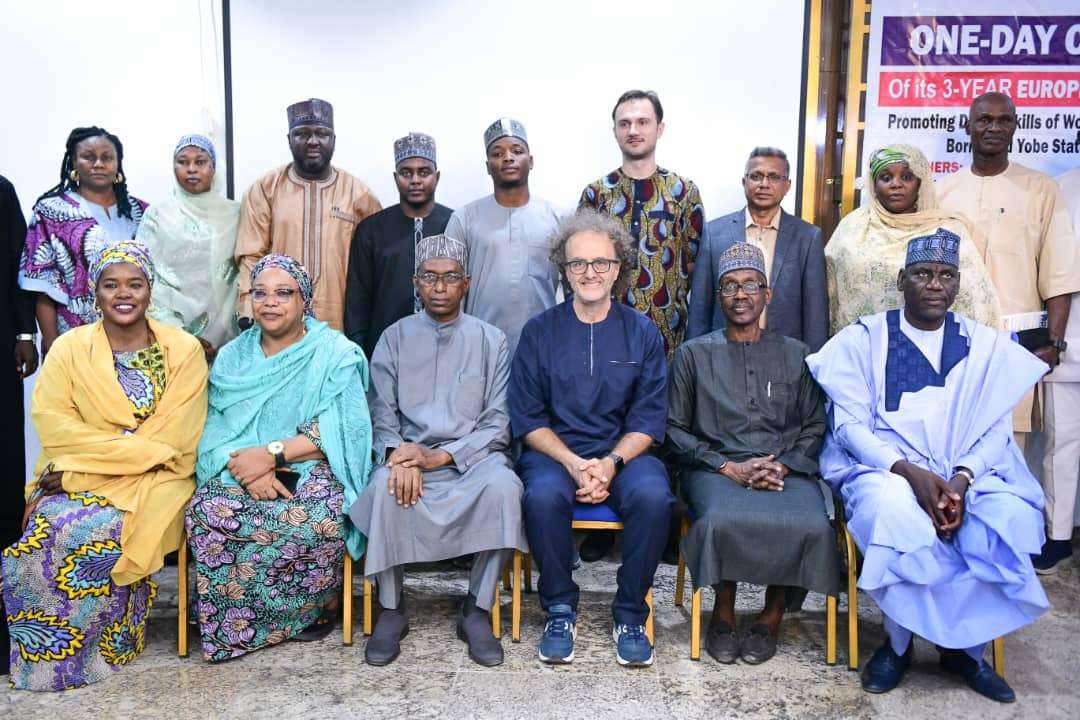By Stephanie Shaakaa
With just a few days left before the 2024 U.S. Presidential election, people worldwide including Nigerians are watching closely. Elections bring excitement, hope, and sometimes tension, whether at home or across the ocean in the United States. But when we compare our electoral processes, we see two systems that reflect different histories, structures, and societal values.
In Nigeria, we hold Presidential elections every four years, typically in February or March, while in the U.S., election day is anchored on the first Tuesday following the first Monday in November. This year, it falls on November 5. But unlike Nigeria’s relatively straightforward process, the U.S. election is a year-long journey that begins with primaries and caucuses an elaborate method by which registered voters,not just party delegates,choose each party’s candidate.
This process is especially intriguing because it broadens participation within each party, giving Americans the sense that each vote counts early the race.After these party nominations campaigns unfold at an exhaustive pace,filled with rallies,debates and relentless media coverage a spectacle we rarely experience in our shorter Nigerian campaigns.And when election day finally arrives, Americans have options.They can vote early,in person or by mail,practices uncommon in Nigeria.
In Nigeria, we have a relatively direct process.Every four years, the candidate with the most votes, along with at least 25% of votes in two-thirds of the states, wins the presidency. The U.S., however, takes a much longer and layered approach. Candidates in the U.S. first go through primaries and caucuses, where voters actively participate in choosing party nominees. This early engagement contrasts with our delegate-driven nomination process, showing how Americans value involving citizens from the start. From there, the U.S. moves to the general election in November, where the Electoral College rather than the popular vote decides the winner.
For Nigerians, the idea of a candidate losing the popular vote but winning the presidency through electoral votes, as Trump did in 2016, feels quite unusual. It adds a strategic layer that pushes candidates to focus on key states rather than simply aiming for a popular majority nationwide.
Nigeria’s centralized system, with INEC managing the process from start to finish, contrasts sharply with the U.S.’s decentralized approach. Each U.S. state independently oversees its election, often under the guidance of a partisan Secretary of State. This setup raises questions about bias and fairness that resonate with some of the concerns we have here, though for different reasons.
Meanwhile, the threat of outside interference looms over the U.S. election. Russia and China have become notorious for attempts to influence elections, especially through misinformation. Recently, I came across the term “political technology,” which refers to ways of manipulating public perception and shaking confidence in democratic systems through digital strategies. Nigeria might not yet face the same level of external influence, but as technology plays a bigger role in our elections, these concerns may also become part of our reality.
In both countries, vote buying and misinformation take different forms but are equally pressing issues. In Nigeria, vote buying has unfortunately become a common tool, often targeting vulnerable communities. In the U.S., while direct vote buying is rare and illegal, misinformation, particularly on social media, is pervasive. False information and targeted ads manipulate perceptions and suppress votes in certain communities. Both countries are grappling with these challenges and working to find solutions, though the landscape varies.
One area where the U.S. system stands out is its use of opinion polls. These surveys give insight into how the electorate might vote, shaping both media coverage and campaign strategies. U.S. media organizations frequently use exit polls to project winners on election night, something we don’t see in Nigeria, where only INEC can declare official results. This practice offers Americans a sense of the outcome much sooner, though it sometimes creates tension if projections turn out to be premature.
Another big difference is the range of choices in the U.S. system. The Democratic and Republican parties dominate, but there are numerous smaller parties and provisions for independent candidates. In Nigeria, though we have a multi-party system, the PDP and APC have the most influence.While we have a centralized voter registry, the U.S. lacks this central system, with each state maintaining its own records.
Election length and voting options in the U.S. also set it apart. Americans have more ways to vote.Early in-person voting, mail-in ballots, or voting on Election Day itself, which runs over a period of around 12–13 hours. Nigerian elections, by comparison, occur on a single day with a six-hour window. The U.S. also has both General and Midterm elections, with this year’s election including not just the presidency but also seats in Congress 435 House seats and a third of the Senate. This setup gives Americans frequent chances to influence their government and can feel like a continuous process compared to the occasional pulse of elections in Nigeria.
The voting rules in the U.S. vary across states. In some, people can even register on Election Day, while in others, registration closes weeks beforehand. This patchwork approach shows the American emphasis on local control. Our system, with its single voter registry, provides consistency, though accessibility and accuracy can still be challenging.
As we observe the U.S. election, there’s much to learn. Their system bring attention to early voter engagement, flexible voting options, and transparent media reporting all areas we could consider reforming to make our elections more responsive and accessible. Still, the complexity of the U.S. approach also reminds us that simplicity and consistency can build trust, which is crucial in maintaining faith in our own democratic process.
Watching the U.S. election is a cue that democracy is always evolving, shaped by each nation’s values, struggles, and aspirations. For Nigerians, it emphasizes that democracy isn’t just about a single day of voting it’s about continually pushing to strengthen our systems and adapt to new challenges. As we look toward our own future elections, the U.S. experience offers valuable insights that inspire us to keep building a more fair, transparent, and inclusive electoral process, one that empowers every voice and shapes a better tomorrow.
Stephanie Shaakaa writes from University of Agriculture, Makurdi, Benue state.

